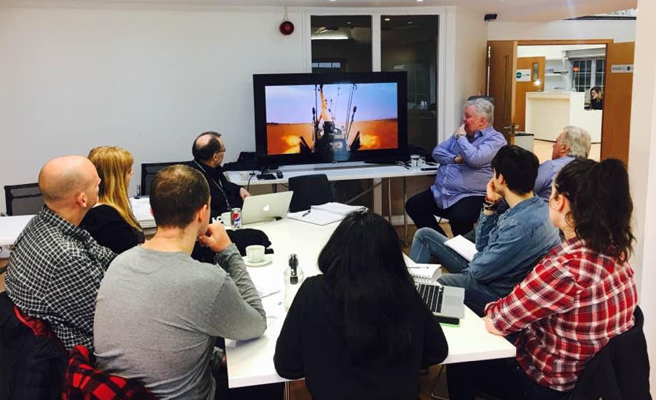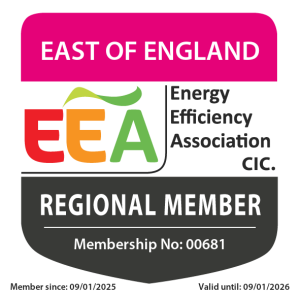Welcome to our dynamic T Level Study Programme: Media Production, where creativity meets cutting-edge technology!
Unleash your potential in the exciting world of media as we blend hands-on experience with comprehensive theoretical knowledge. Our T Level is designed to equip you with the skills demanded by the fast-paced and ever-evolving media industry.
Explore the realms of broadcasting, production, and media communication through a curriculum crafted by industry experts. Engage in real-world projects, collaborate with professionals, and harness the power of state-of-the-art facilities.
Whether you aspire to be behind the camera, in the editing suite, or managing live productions, our program offers a diverse and immersive learning experience. Benefit from work placements, workshops, and networking opportunities that bridge the gap between education and industry.
Join us on a journey where innovation and creativity converge, preparing you for a successful career in Media, Broadcast, and Production. Embrace the future of media with us!
-
What will I learn?
Our T Level in Media, Broadcast, and Production offers students a comprehensive and hands-on learning experience in the dynamic field of media and broadcasting. Throughout the program, students will acquire essential skills in media production, including video and audio editing, camera operation, and scriptwriting. They will gain a deep understanding of industry-standard software and equipment, preparing them for real-world challenges.
The curriculum covers a range of topics, from media theory and communication principles to the technical aspects of broadcast engineering. Students will engage in practical projects, collaborating on the creation of various media content, such as documentaries, news segments, and entertainment programs. Additionally, they will develop critical thinking and problem-solving abilities, essential for success in the rapidly evolving media landscape. This T Level ensures that graduates are well-equipped for diverse roles in media production, broadcasting, and related fields, fostering both technical expertise and creative innovation.
-
Example modules
- Planning, preparing, sourcing and generating media assets
- Assembling, editing and finalising media assets
- Preparing, packaging and delivering media assets
- Preserving media assets for future use/reversioning
- The creative economy
- The individual in the creative industries
- Cultural context and vocabulary
- Audience and consumer needs
- Legal and regulatory requirements
- Professional standards and conduct in the workplace
- Equality, diversity and inclusion requirements
- Research skills
- Project methodology and administration
- Continued professional development
-
How will I be assessed?
Students will be assessed over the two year programme through externally assessed exams and employer set projects in year 1 (core), and a controlled practical assessment in Y2 (occupational specialism). Students will also be required to complete 315 hours (approximately 45 days) industry placements over the two years. These placements will be with an employer to make sure that you have authentic experience of the workplace.
-
Entry Requirements
To join this programme you will need 5 GCSEs at Grade 4 (or equivalent) including Maths and English.
-
Progression & Career Opportunities
Skilled employment in: |Control, servicing, repair and storage of complex technical equipment. |Operating broadcast systems in TV/radio studio, outside broadcast operation and outdoor transmissions. |Audio production assistant, broadcast assistant, production management assistant, programme assistant, runner and TV production assistant. |Junior content assistant, social media assistant/co-ordinator, and junior media executive.
Degree related programmes: |BA Communications, Media and Marketing |BA Media Studies |BA Media and Communications |BA Media Production |BA Film and TV production Careers in television and film are many and varied. Any production needs planners, scriptwriters, set designers and builders before all the people on set, camera and audio operators, floor managers, directors, can record. Once the project has been recorded there is a need for vision and audio editors, colour graders and SFX artists to name just a few.
-
Additional Information
You will need headphones to monitor audio, an SD card for use with the cameras. These items will be discussed in the first weeks of the course.














